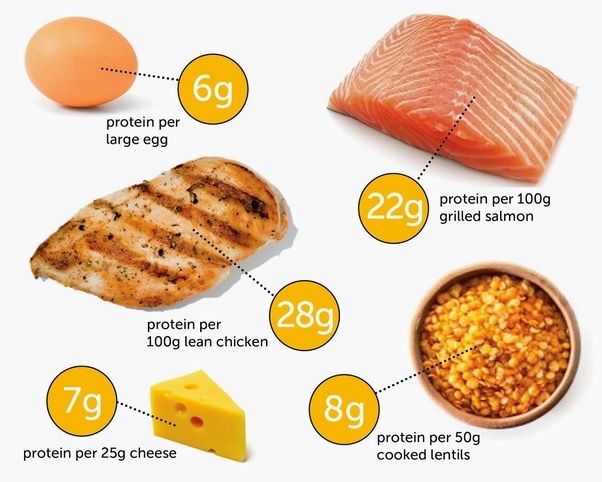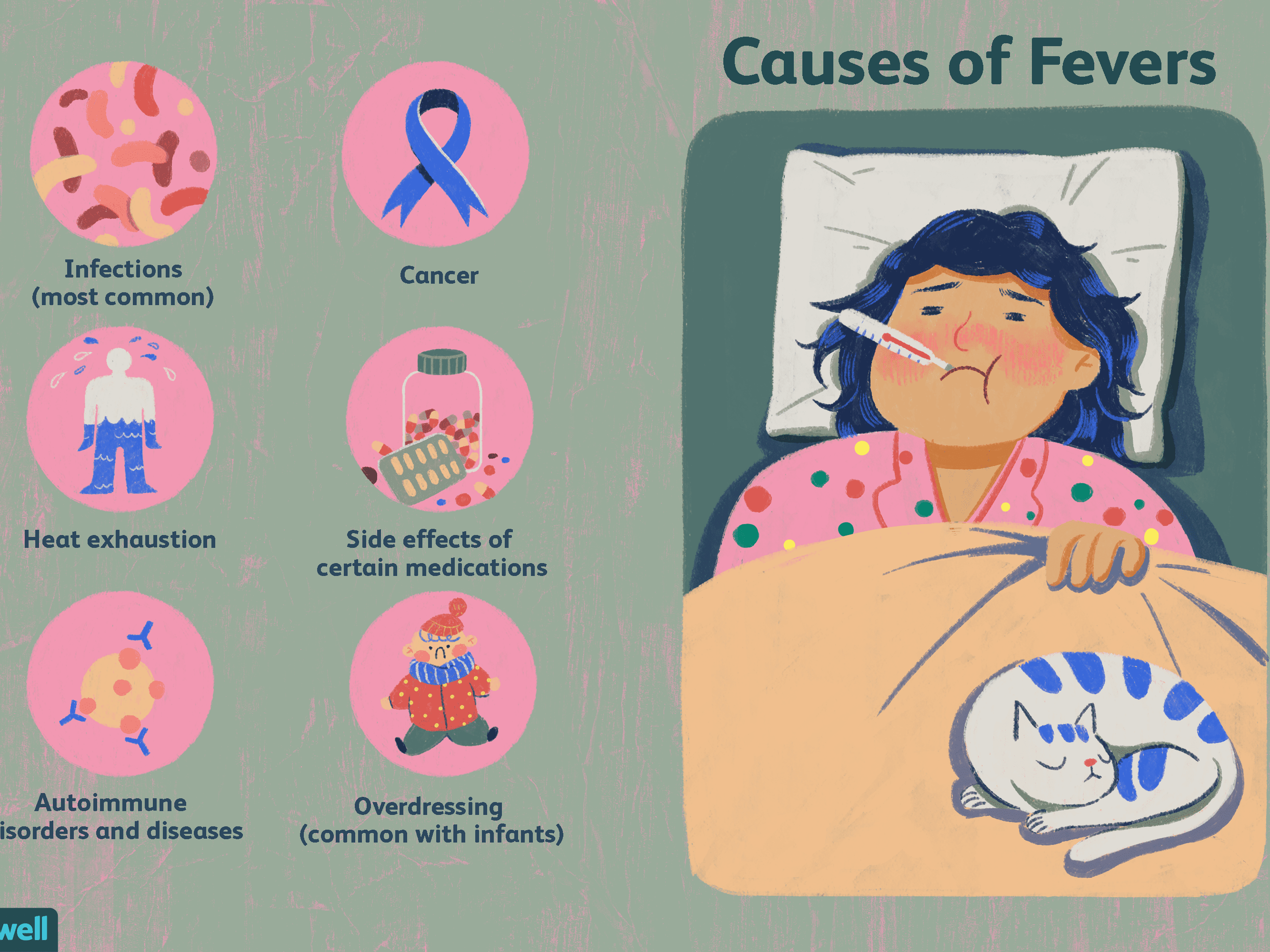Protein is one of the six essential elements of an ideal food. It is one of the most crucial food elements for getting a perfectly healthy life. But this does not indicate that we need only to have protein in our regular meal. There is an amount of how many grams of protein in a day is necessary based on our personalized body type, preference. So, This article will provide readers with information about how many grams of protein in a day is for them.
What is Protein?
Protein is a structural molecule comprising amino acids. The word protein is originated from the Greek protos, meaning first, and it also reflects protein’s top-shelf status in human nutrition. Based on their chemical structure, amino acids are the monomers of a protein. The amino acids in protein are linked together by peptide bonds.Especially, Proteins are the energy source as we get four calories of energy from one gram of protein.
Unit of Protein:
The protein unit is an amino acid. Which is helping to build blocks of life as they help us build cells, antibodies, enzymes, and muscles.
There are 20 types of amino acids present in the protein. Among them, nine types of amino acids are essential amino acids as they help prevent protein-energy malnutrition. There are five types of amino acids that we can synthesize in the body, and they are alanine, aspartic acid, asparagine, glutamic acid, serine. But, except for all these, six conditionally essential amino acids can be synthesized under particular conditions. These conditionally essential amino acids are arginine, cysteine, glycine, glutamine, proline, and tyrosine.
Available Protein Source
We can get protein from both plant and animal sources. So, vegan people can also fulfill their protein deficiency. According to the nutritionists, a good protein source has no extra fat, sugar, and sodium. Based on the authorities, the foods from which we get protein is categorized into the following two divisions-
- Meat and Seafood: This category includes lean meats, poultry, fish, seafood, eggs. Coldwater fish such as salmon, tuna, and herring are a good source of protein. Per 100 grams, the available amount of protein is-
- Chicken Breast: 32g
- Lean Beef: 36g
- Lamb: 25g
- Pork Tenderloin: 23g
- Eggs: 12.5g
- Grilled Salmon: 24.2g
- Tuna: 23g
- Grilled Pork Chop: 31g
- Cod: 18g
- Plant-Based: Legumes, nuts, seeds, vegetables ( such as spinach, kale), grains ( such as quinoa), tofu, fruits are considered a great source of protein. The available amount of protein per 100 grams are listed below-
- Whey Protein: 80 to 90g
- Vegan Protein: 70 to 80g
- Low-sodium Parmesan Cheese: 42g
- Tofu:17g
- Soya Protein Isolate: 88g
- Banana:1.1g
- Apple:0.3g
- Guavas:2.6g
- Avocado:2g
Let’s Calculate How Many Grams of Protein in a Day is Needed:
The amounts of protein needed vary from person to person based on body type, daily activity, required calories. Our research team has found several methods to calculate how many grams of protein in a day is necessary based on their net surfing. These methods are –
Per cent of Daily Calories for How Many Grams of Protein in a Day
:
As per the nutritionists, adult men and women consume between 10-35% of their total calories from protein. If we calculate how many calories we need to burn in the day, we can quickly determine how many grams of protein is suitable for a day. Such as-
- Protein Grams Per Day: This method is an alternative to the percentage of calories method. Each gram of protein contains four calories. This method needs to know the calorie range and then divide the two calorie range numbers by four. In this way, we can determine the necessary amount of protein need in a day.
- Based on Weight: According to the dietitian, an average adult needs a minimum of 0.8 grams of protein per kilogram of his/her body weight per day. In this process, we need to know the body weight and then multiply it by 0.8 grams to measure how many grams of protein in a day is required.
- Based on Activity: Our daily activities significantly impact how grams of protein in a day is required. If we are very active, we will need more energy, and thus, the necessary amount of protein will also increase. On the other hand, if we partake in activities like powerlifting or weight training days, we need to intake 1.6 to 1.7 grams of protein per kilogram of body weight or 0.7 to 0.8 grams of protein per pound of body weight in a day.
- Lean Body Mass: Lean body mass (LBM) is the amount of bodyweight without considering the fat in the body. The equations for measuring lean body mass (LBM) is-
Lean Body Mass (LBM) = Body Weight (BW) – Body Fat (BF)
After knowing the lean body mass (LBM), we can easily measure how many grams of protein in a day we need to consume simply by multiplying the LBM by the activity level. Such as-
- Sedentary: This activity level refers to the physically inactive category. For this, we need to multiply the LBM by 0.5
- Light Activity: It includes walking or similar activities to walk. In this case, multiplied by 0.6
- Moderate: It includes 30 minutes of activity, three days a week. For this type, the LBM is multiplied by 0.7
- Active: This pattern includes one hour of exercise, five days a week. In this pattern, multiplied by 0.8
- Very Active: This consists of 10 to 20 hours of exercise weekly, and in this type, multiplied by 0.9
- Athlete: The athletes typically spend over 20 hours exercising weekly. So, we can determine how many grams of protein in a day need for you.
Reasons to Eat Protein:
There are some benefits protein offers for which protein is considered the essential macronutrients. The positive effects of protein on the human body are demonstrated below so that the readers can understand the importance of protein-
- Protein is the most filling. As a result, it reduces appetite and hunger levels. Protein reduces the hormone responsible for hunger ghrelin and boosts the level of peptide YY, the hormone responsible for making us feel full.
- Protein increases muscle mass and strength. Muscle is made of protein. So, a high intake of protein helps us to gain muscle mass and also provides us power. That’s why athletes, physically active persons, or the people trying to achieve muscle physicians recommend following a high protein diet.
- Intaking high protein helps us to maintain the right bone mass. It also lowers the risk of osteoporosis and fractures.
- Protein reduces cravings and late-night snacking addiction. According to a study, increasing protein to 25% of calories reduced cravings by 60% and the desire for late-night snacking by half.
- Protein is an excellent source of energy. It boosts metabolism, and as it reduces hunger, it also increases fat burning.
- High protein intake helps us to maintain our blood pressure. It lowers systolic pressure by 1.76 mm Hg and diastolic blood pressure by 1.15 mm Hg. It also reduces LDL cholesterol and triglycerides.
- Another benefit of taking the proper protein is it helps our body to repair itself after injury. Protein works as the building blocks and rebuilds the injured tissues and organs.
Protein Deficiency:
We have already known the benefits of protein in the human body. But if we decide to ignore this macronutrient even though it provides such services, it will impact our muscles as protein is the body’s building block. In a clinical setting, the body’s lack of protein is called protein-energy malnutrition (PEM). Protein deficiency also causes trouble in blood clotting. So, a lack of protein in the body means there are not enough of these substances. As a result, we will face trouble in blood clotting.
Overconsumption of Protein:
Protein plays a vital role in building health. If we decide to take an excessive amount of protein and hope that we are making our body most perfectly, we are nothing but living in a fool’s paradise. Overconsumption of protein brings us no good. On the contrary, it is harmful to our bodies. On the way to the overconsumption of protein, we tend to neglect the other ideal food elements. Hence, our body will face malnutrition due to the lack of these nutrients. Eating a large amount of protein also leads us toward dehydration and weight gain.
How Many Grams of Protein In A Day Required Based On Age:
The preferred amount of protein depends on body type, daily activity, calories, body weight. But it also changes with age as all those factors depend on age. We have provided the correct information regarding age so that the readers can determine how many grams of protein in a day is mandatory for them based on their age.
- Babies need about 10 grams a day.
- School-age kids 19-34 grams a day.
- Teenage boys need up to 52 grams a day.
- Teenage girls need up to 46 grams a day.
- Adult men need about 56 grams in a day.
- Adult women need about 46 grams in a day.
- Pregnant women or women who are engaged in breastfeeding need 71 grams a day.
FAQs for How Many Grams of Protein in a Day
Question 1: How can we get more protein in our daily life?
Answer: People usually want to find ways to ensure more protein sources in their meals. The dietitians provide some tips regarding that. Here are some tips to help readers who have the same mindset. such as-
- For breakfast, we can serve eggs and spinach or vegetables.
- Can choose low-fat protein and foods with reduced sodium.
- We can add seeds or chopped nuts on top of a veggie side dish.
- Switch to almonds instead of starchy foods.
- We can serve meats with green and colourful vegetables.
- Can also set our priority on fish. But I recommend to avoid breaded fish and select baked or poached fish instead.
- We can move to baked or roasted chicken and reduce the consumption of fried chicken.
Question 2: Do women need protein, and if they need it, how much protein do women need?
Answer: Yes, women do need protein. Consuming enough protein decrease the risk of heart attacks and coronary diseases as, according to a study, women who intake protein are 25% less likely to have a heart attack. Besides that, Protein makes up about 50% of the volume of bone and about 33% of its mass. So, we can say that protein is an inevitable food element for women.
According to research, most women need 50 -60 grams of protein per day. But this amount varies based on activity level, muscle mass.
Conclusion
Protein is one of the most crucial components for maintaining perfect health. According to the Institute of Medicine, we need to get at least 10% of our daily calories, but not more than 35% from protein. Intaking more or less protein has a destructive impact on our health, which leads us to malnutrition and several diseases. So, you should measure how many grams of protein in a day they need and maintain the proper portion of every food element in their meal, and thus, we wish the readers a healthy life.




















